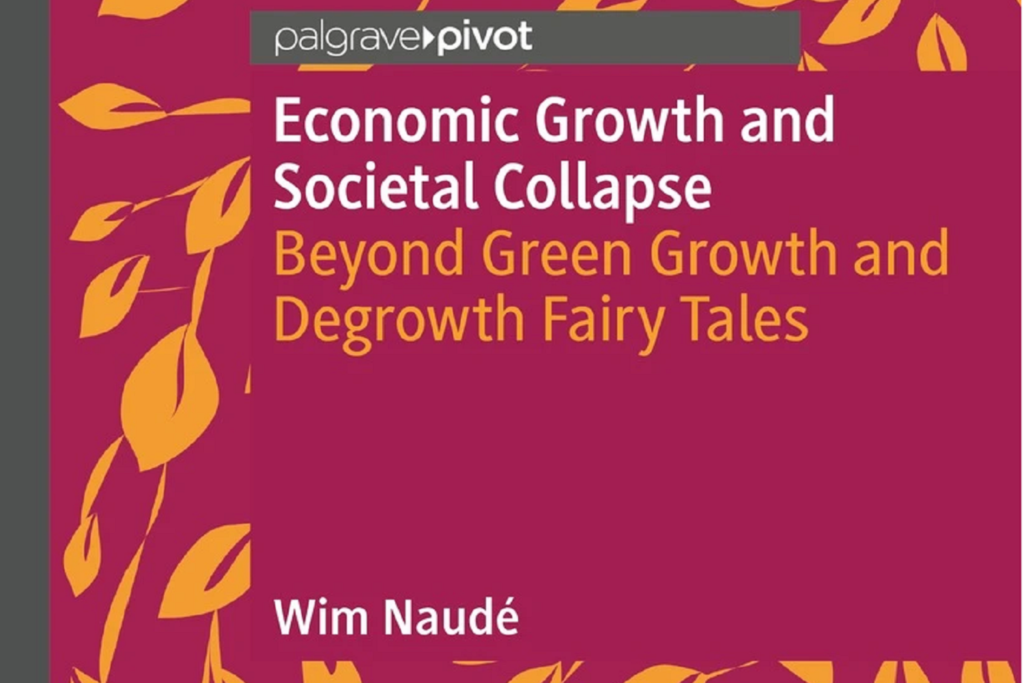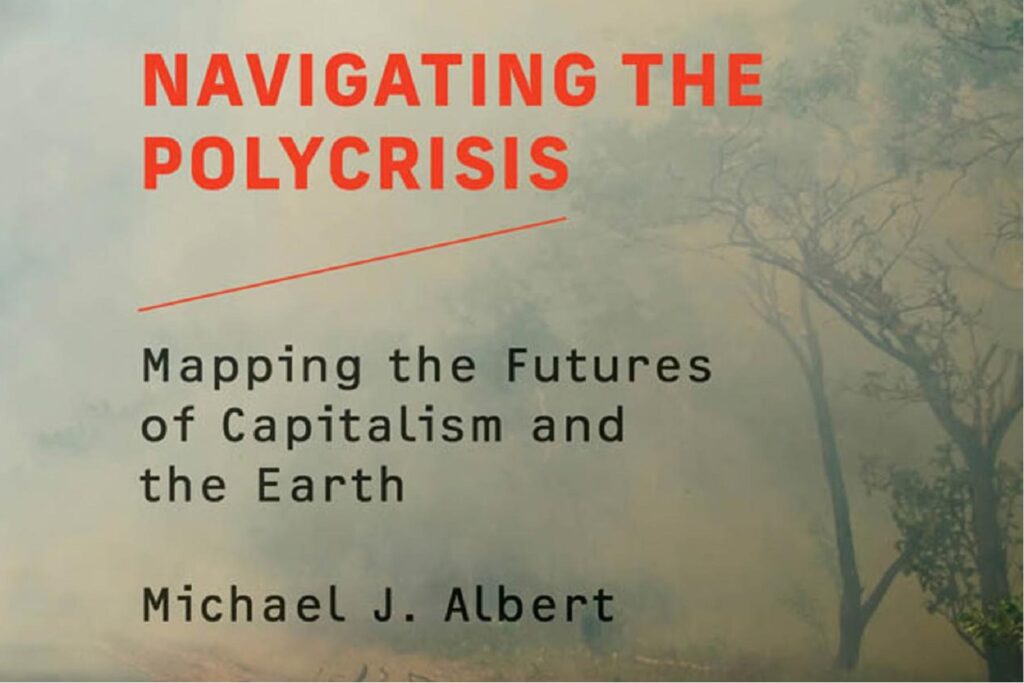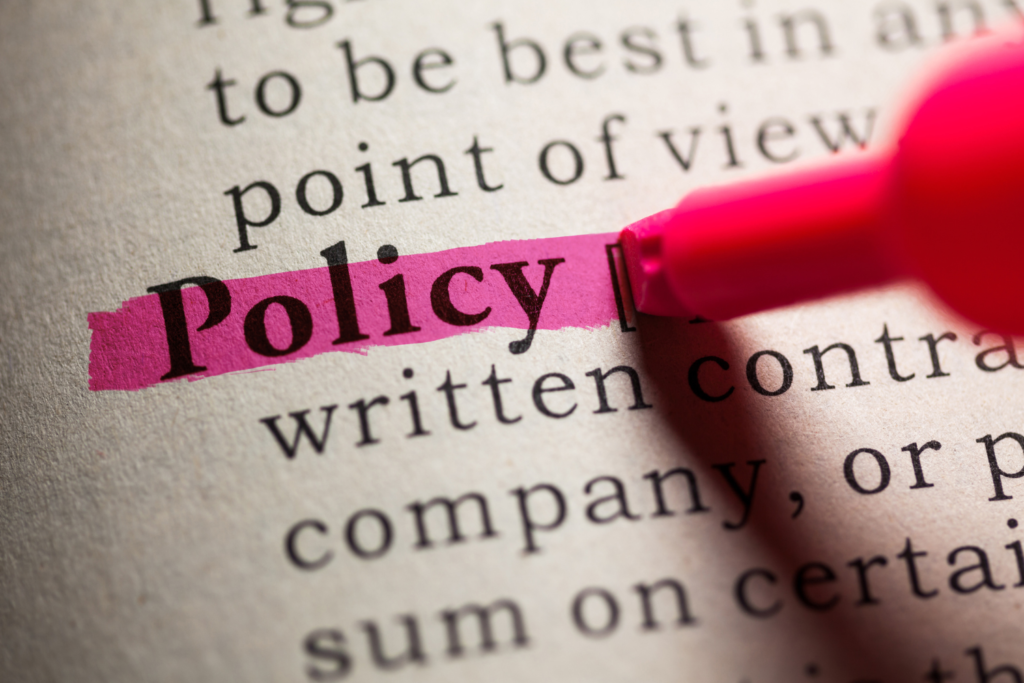From the City to the Suburb: City Dynamics in the Time of a Polycrisis
The authors examine the Covid-19 pandemic’s impact on urban development in Hong Kong, emphasizing how the overlapping social, economic, and health crises amplify the effects.
From the City to the Suburb: City Dynamics in the Time of a Polycrisis Read More »










